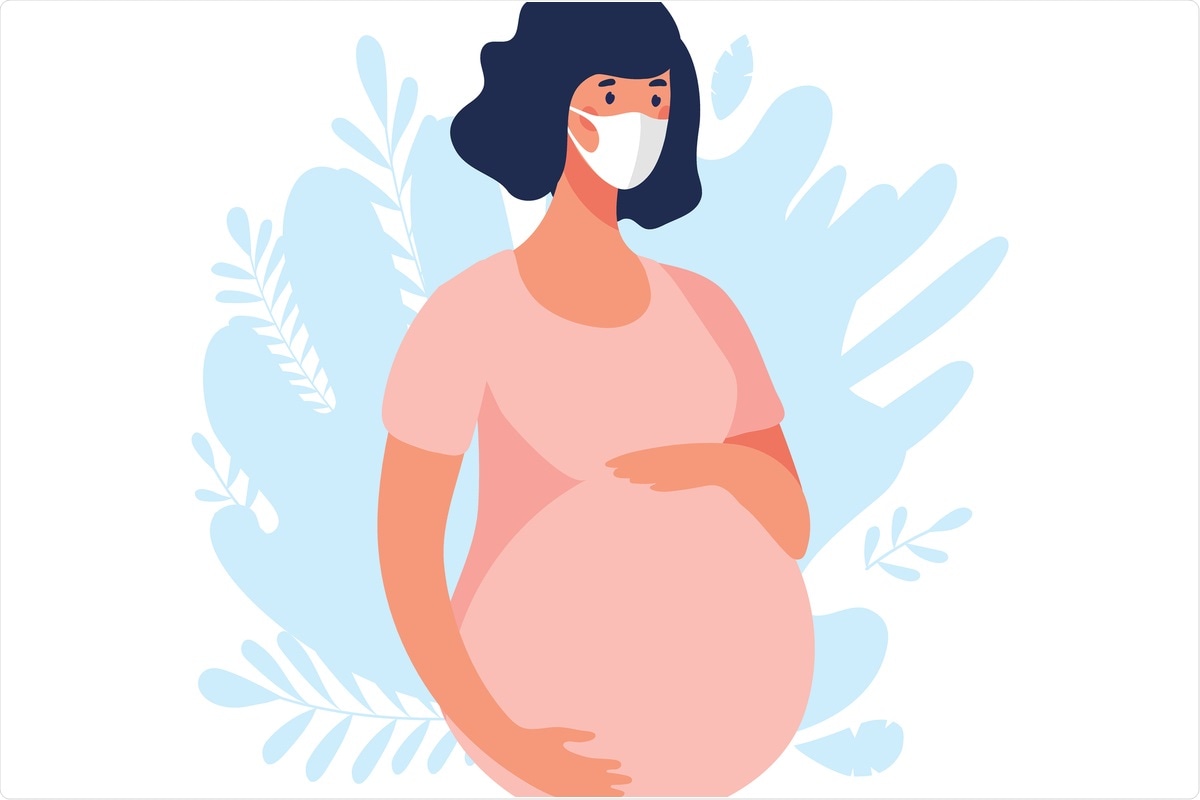Pregnancy is a time of great physiological change accompanied by mental stress. Social and family support has been shown to be crucial in preventing or mitigating emotional and mental tensions during this time, thus contributing to maternal health. Significant and wide-ranging changes occurred in the way antenatal care was delivered during the current pandemic. The effects of these changes on the experience of pregnancy during the pandemic were explored in a recent study.
 Study: The COVID19 pandemic has changed women’s experiences of pregnancy in the UK. Image Credit: Tanya Antusenok/ Shutterstock
Study: The COVID19 pandemic has changed women’s experiences of pregnancy in the UK. Image Credit: Tanya Antusenok/ Shutterstock

 *Important notice: medRxiv publishes preliminary scientific reports that are not peer-reviewed and, therefore, should not be regarded as conclusive, guide clinical practice/health-related behavior, or treated as established information.
*Important notice: medRxiv publishes preliminary scientific reports that are not peer-reviewed and, therefore, should not be regarded as conclusive, guide clinical practice/health-related behavior, or treated as established information.
Background
The coronavirus disease 2019 (COVID-19) pandemic, triggered by the severe acute respiratory syndrome coronavirus 2 (SARS-CoV-2), has caused over 200 million confirmed infections and about five million deaths. The fast and widespread transmission of the virus led to the imposition of high-level sweeping restrictions on social gatherings and activities, shelter-in-place orders, and closures of businesses and schools, besides travel bans.
Pregnancies were also severely affected by the pandemic. Maternity care policies changed in many ways, especially in high-income countries, to reduce the spread of the virus among staff and patients. Routine antenatal services were cut back, with most or many in-person appointments canceled or replaced by online appointments.
Visitors were severely restricted, especially during labor and the postpartum period. This restructuring of antenatal services has caused emotional and mental distress, according to some reports. One factor that contributed significantly to the frustration was the frequently changing guidelines that led to uncertainty about the currently applicable recommendations regarding physical distancing requirements in antenatal and childbirth care in hospitals.
Among visiting restrictions, some hospitals did not allow any visitors during labor and delivery, while others permitted only the birth partner to be present in the hospital at this time. The reactions by pregnant women and new mothers to these changes are not clear.
The current study, which appeared as a preprint on the medRxiv* server, deals with the results of a study carried out on pregnant women. The researchers carried out an online survey on pregnant women in the UK between August 1 to December 31, 2020. The questionnaire contained 55 questions and was expected to take about five minutes to fill out.
The researchers disseminated the survey via social media. They got 96 responses, including 66 women who were pregnant at the time and 22 who had been pregnant during the pandemic. This corresponded to about 70% of survey responses.
What did the study show?
The researchers found that both antenatal and perinatal care experiences were mixed. Some women felt inadequately protected by the restrictions on visiting that were then in place. Others felt isolated and helpless in the face of the restrictions on visiting.
Of the women who responded, 29 did not get any information about the pandemic, while another six said they faced immense difficulty in accessing information. There were 39 women who said they would have appreciated more teaching about breastfeeding after having SARS-CoV-2 infection during the pregnancy.
Fully 37 women said they did not know as much as they liked about the persistence of humoral immunity and antibody transfer to the fetus. Almost half said pregnant women should not be included in vaccine trials.
Some women were disappointed because they had to undergo their labor without being able to use their preferred birthing method, such as the birthing pool. Some thought that too much interaction was happening between people, increasing the risk of transmission. Others were upset because, after shielding, they were not admitted to the hospital during labor and afterward.
What are the implications?
The authors conclude that the currently offered level of support is too low to help pregnant and lactating mothers adjust to the pandemic-era restrictions smoothly. Providing information and help, including social support groups, could help provide a better experience.
While there was no consensus on the need to have such strict visiting requirements, information was a commonly felt desire, especially on the degree of protection their babies had, from visiting restrictions, personal antenatal and post-natal care.
The immunity expected to be passed on to the baby by the mother was another subject on which a high percentage of mothers expressed their need to know more. In the absence of opportunities to discuss with their healthcare providers, social media sites may fill the gap.
When such sites are directly linked to maternity services, they are likely to provide more support and information geared towards pregnant women.

 *Important notice: medRxiv publishes preliminary scientific reports that are not peer-reviewed and, therefore, should not be regarded as conclusive, guide clinical practice/health-related behavior, or treated as established information.
*Important notice: medRxiv publishes preliminary scientific reports that are not peer-reviewed and, therefore, should not be regarded as conclusive, guide clinical practice/health-related behavior, or treated as established information.